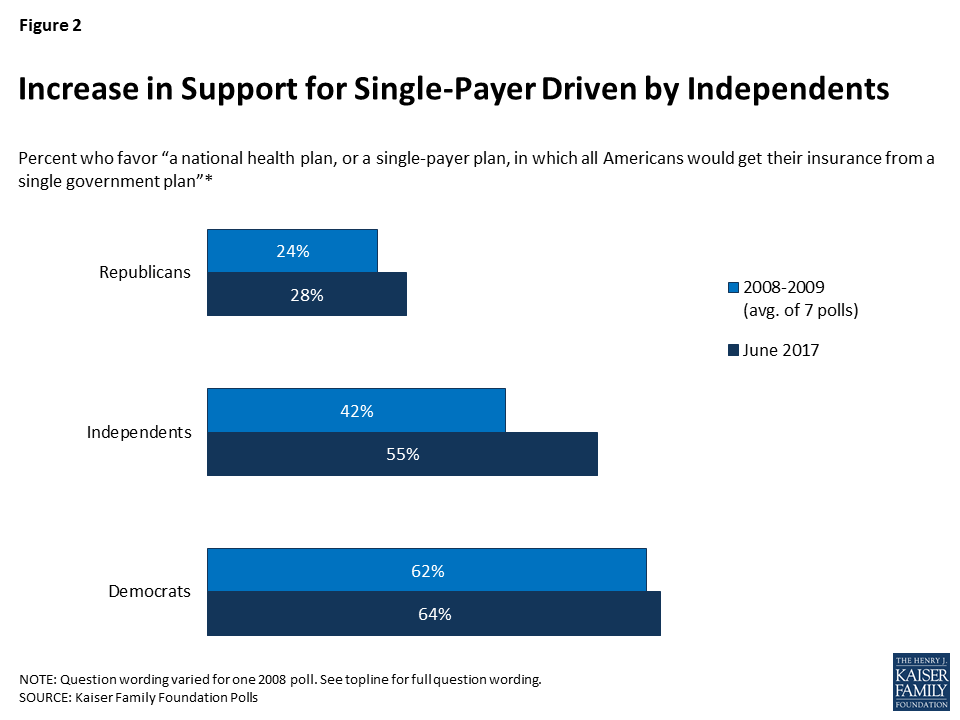Unknown Facts About How Much Does Medicare Pay For Home Health Care Per Hour
When the Senate costs text (BCRA) was released, 4 conservative Republican Senators Ted Cruz, Ron Johnson, Mike Lee, and Rand Paul released a joint declaration saying that they would not choose the costs in that form. This was viewed as an attempt to move the bill to the right by bringing pressure on McConnell.
He stressed the result on Medicaid, noting that the bill's cuts to Medicaid would "pull the rug" out from under many Nevada homeowners. An analysis of national surveys by MIT political scientist Christopher Warshaw and Stanford political economist David Broockman revealed that the AHCA "is the most undesirable piece of significant legislation Congress has thought about in years" more so than Distressed Possession Relief Program legislation ("the bank bailout") and far more unpopular than the ACA.
Public opinion polls show high levels of public opposition to the Republican health-care propositions (the AHCA in your house and the BCRA in the Senate) - how much would universal health care cost. Approval ratings differ in between 12 and 38%, and disapproval ratings in between 41% and 62%, determined between March and June 2017 (refer to "Specific poll outcomes" table listed below for sources).
For example, the monthly Kaiser Family Structure health tracking survey for May 2017 suggested that: More view the Republican AHCA unfavorably (55%) than favorably (31%). Views are divided along celebration lines, with % in favor of AHCA: Democrats 8%, Independents 30%, Republicans 67%. Although traditionally more individuals saw the existing law (ACA/"Obamacare") unfavorably than positively, in May 2017 more had a favorable view (49%) than undesirable (42%). which of the following is true about health care in texas?.
The following are the results of surveys of public viewpoint concerning the AHCA. The Niskanen Center mentioned that the GOP's support for AHCA in 2017 was a significant consider the party's heavy House losses in the 2018 midterm elections, costing the party its bulk in your house, and Snopes publicly identified 33 House Republicans who were voted out of office largely due to their votes in favor of the AHCA, including in states where Republicans manage most Home seats, such as Kansas and Utah. Ever considering that he was a governmental prospect, President Donald Trump has been assuring the American people a "great," "extraordinary" and "great" brand-new healthcare strategy to change the Affordable Care Act. However, in the 3 years given that he set up shop in the Oval Office, he has yet to deliver.


Getting My What Is Single Click here for more Payer Health Care To Work
Trump has promised an Obamacare replacement strategy 5 times so far this year. And the plan is always said to be just a few weeks away. Subscribe to KHN's totally free Morning Rundown. The United States is likewise in the grips of the COVID-19 pandemic, which has led to more than 163,000 U.S.
KFF approximates that 27 million Americans could possibly lose their employer-sponsored insurance coverage and end up being uninsured following their job loss due to the pandemic. (KHN is an editorially independent program of the Kaiser Family Foundation.) All of this makes healthcare a hot subject throughout the 2020 election. This record is by no means an extensive list, but here are a few of the many circumstances when Trump assured a brand-new health strategy was coming quickly.
By March, a blueprint, " Healthcare Reform to Make America Great Again," was published on his project website. It echoed popular GOP talking points but was skimpy on information. During his speech accepting the Republican nomination in July, Trump once again guaranteed to rescind Obamacare and mentioned methods his replacement would be much better. how much do home health care agencies charge.
During his final week of marketing, he suggested asking Congress to come in for an unique session to reverse the health care law quickly. Trump informed The Washington Post in a January interview that he was close to completing his health care plan which he wished to supply "insurance coverage for everybody." He tweeted Feb.
